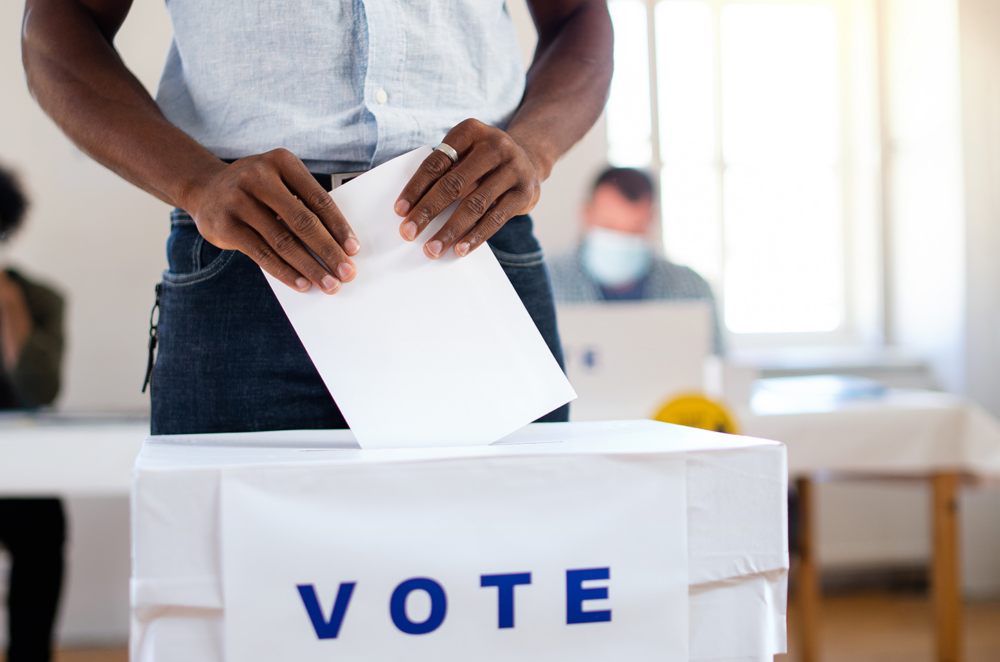The Concerned Black Clergy of Metropolitan Atlanta, Inc., et al v. Raffensperger, et al. (N.D. Ga.)
SB 202

SB 202
In 2020, nearly five million Georgians cast a ballot in the November elections. On the heels of this historic turnout, Georgia legislature enacted Senate Bill 202 (SB 202), which creates significant barriers for Black, Latine and other voters of color to cast a ballot in Georgia.
Among other things, this bill:
In 2021, a number of organizations, including the Concerned Black Clergy of Metropolitan Atlanta, the Justice Initiative, Metropolitan Atlanta Baptist Ministers Union, First Congregational Church, United Church of Christ, and the Georgia Latino Alliance for Human Rights, all represented by Advancement Project, filed a lawsuit challenging SB 202.
We are arguing that:
This case has been consolidated with lawsuits brought by five other plaintiffs groups, one of which is the U.S. Department of Justice.
Advancement Project continues to litigate the case towards trial with our co-Plaintiffs.
On August 2023, a judge in the U.S. District Court for the Northern District of Georgia prohibited enforcement of the line relief ban in the “Supplemental Zone,” which is defined as extending within 25 feet of any voter standing in line beyond the 150-foot Buffer Zone established around polling locations.
The judge also prohibited Georgia election officials from rejecting a voter’s absentee ballot if the voter does not write their proper date of birth on their absentee ballot envelope.
The case remains ongoing as the district court considers the State’s motion for summary judgment.